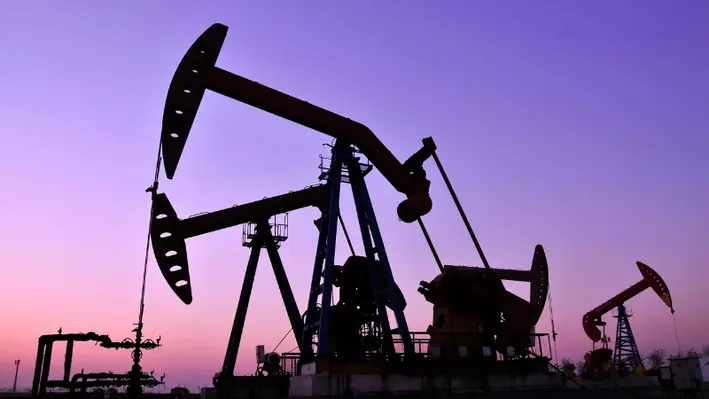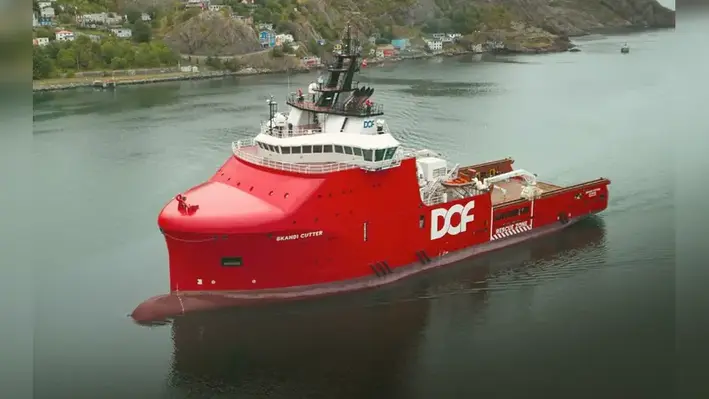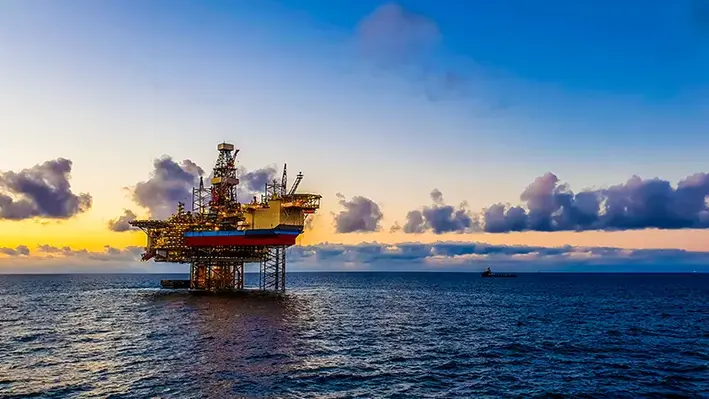
When a leading oil-producing nation like the UAE hosts a global climate summit such as COP28, the message to the world is clear: balancing climate commitments with energy realities is a complex but necessary endeavour.
The recent conference in Dubai reaffirmed the goal of limiting global warming to 1.5°C. However, with fossil fuels still providing about 80% of the world’s energy, their role in meeting global demand cannot be overlooked in the near term.
This reality, coupled with ongoing geopolitical and economic challenges, has driven energy companies to prioritise efficient methods of boosting production. Enter well intervention – a critical tool for optimising output from existing oil fields.
Jenny Feng, Supply Chain Analyst at Rystad Energy, emphasised the importance of this strategy: “…operators will look to ramp up production from existing fields, and well interventions will be a vital piece of the puzzle. As a quick, efficient, and cost-effective method of maximising existing resources, interventions are going to be a hot topic in the years to come."
According to Rystad’s research, spending on well interventions reached nearly US$58bn last year. With sustainability now a central focus, this figure is expected to rise, as the proportion of wells eligible for intervention is predicted to grow to 17% by 2027, representing approximately 260,000 wells globally.
As the world grapples with the challenge of balancing urgent climate action with a continued reliance on oil and gas, the Middle East finds itself at the forefront of this critical transition. One of the region’s key strategies is leveraging digital technologies to optimise its oil and gas operations, ensuring efficiency and sustainability.
With advancements like artificial intelligence (AI) and machine learning (ML) becoming integral to enhancing well production, the industry is undergoing a significant transformation. These cutting-edge technologies are redefining workflows, using advanced algorithms and automation to maximise output while minimising environmental impact.
This is an extract from a report by Offshore Network, which explores how the Middle East’s adoption of digital solutions is reshaping the well intervention market, highlighting a forward-thinking approach that bridges the gap between traditional energy practices and the drive for a more sustainable future. Read more on this and other reports.




